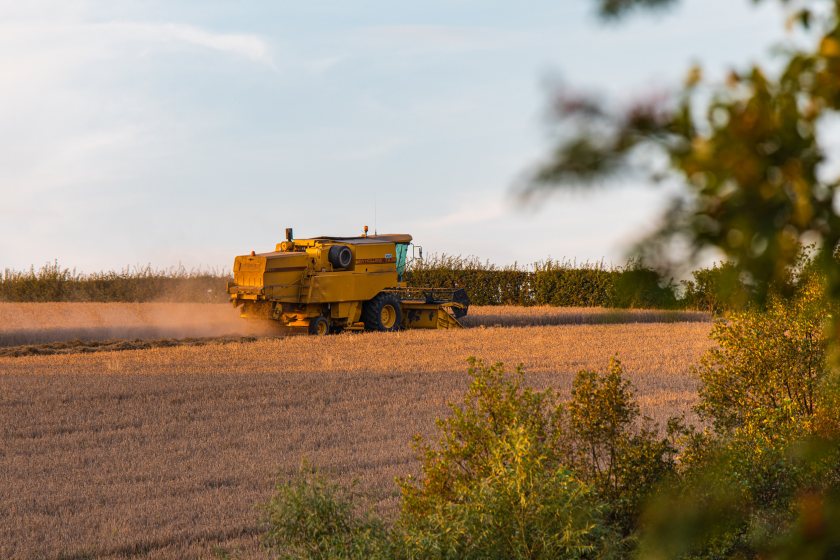
Average farm business incomes are forecast to have risen in 2024-2025 across all agricultural sectors, with the exception of cereals.
This follows a fall in income for most farm types in 2023-2024, after some exceptional highs in the two preceding years, according to new estimates by Defra.
On dairy farms, income is forecast to more than double compared to the year before, to £176,000, with a recovery in the farmgate milk price expected to be the primary driver.
For grazing livestock farms, both lowland and in Less Favoured Areas (LFAs), higher output from sheep enterprises and reduced feed costs will be some of the drivers increasing incomes to £28,000.
For lowland farms, higher income from agri-environment activities is also predicted to be a key factor, according to the estimates, published today (11 March).
Reductions in the cost of inputs, such as fertiliser and animal feed, are expected to be a major contributing factor for the forecast rise in average farm business income.
However, on cereal farms, a combination of challenging weather and lower output prices are forecast to result in a major drop in output from crops, most notably wheat.
Because of this, farm business income for the cereals sector is expected by Defra to fall by nearly a third, to £27,000.
For general cropping farms, lower output from cereals enterprises is forecast to be partially offset by increases for other crops, such as sugar beet and potatoes.
This, along with lower inputs costs, is expected to result in a 13% rise in farm business income to £108,000, Defra estimates.
Minister for Food Security Daniel Zeichner said the estimates were 'welcome news' overall, but there was still 'more to do'.
He said: “This government will ensure farming becomes more profitable by backing British produce, protecting farmers in trade deals, improving supply chain fairness and reforming planning rules on farms.
“It is only by building a more profitable sector that we can improve resilience to the shocks that periodically disrupt farming including severe flooding, drought and animal disease.”
Defra did not produce income forecasts for specialist poultry or horticulture farms as forecasts would be subject to a considerable degree of uncertainty, it said.
Meanwhile, the 2024 delinked Basic Payment Scheme (BPS) is expected to fall by a quarter at the all farm level, reflecting the fourth year of progressive reductions to the payment.
And although variation between farm types is forecast, at the all farm level, income from agri-environment payments are predicted to rise by more than three quarters to around £23,000.
